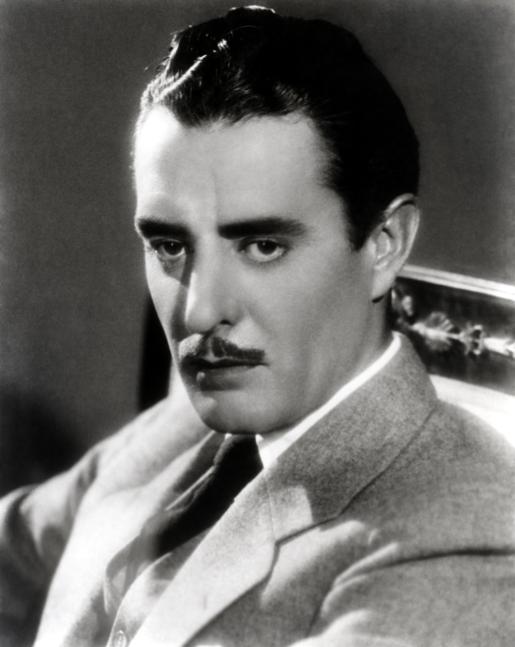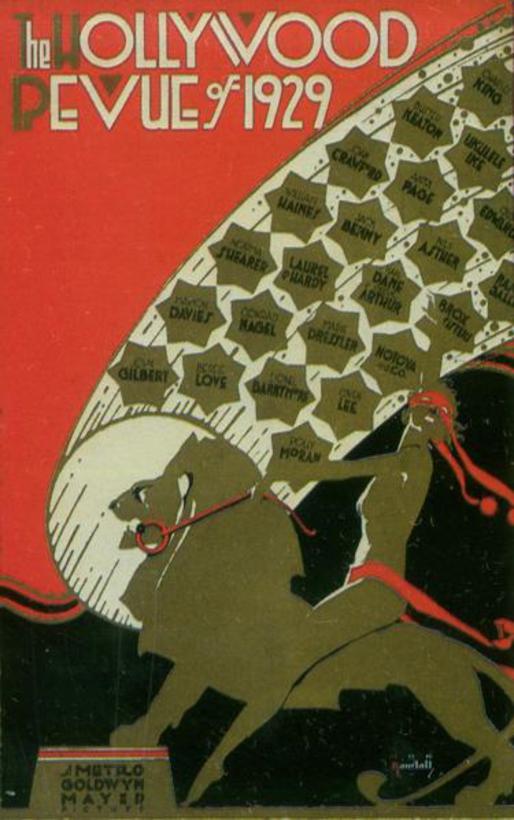Did John Gilbert’s Voice Translate So Poorly to “Talkies” That His Career Was Ruined?
Here is the latest in a series of examinations into urban legends about movies and whether they are true or false. Click here to view an archive of the movie urban legends featured so far.
MOVIE URBAN LEGEND: John Gilbert’s voice translated so poorly to “talkies” that his career was ruined.
As established in a previous installment of Movie Legends Revealed, John Gilbert was one of the major male sex symbols of the silent movie era.

However, once films began having dialogue in them, Gilbert’s star waned, and by the time he died of a heart attack in 1936 (not even 40 years old) his time as a matinee idol was over.
For years, the story goes that in his first “talkie” (a film with spoken dialogue), His Glorious Night, in 1929, his light tenor voice made him sound like a squeaky kid, and not the red-blooded Lothario his fans all expected him to be.
Is the story true?
It is certainly true that fans DID laugh at Gilbert’s performance in His Glorious Night (heck, it was even the headline in Variety!), and it may be true that they thought that his voice was squeaky or what have you.
However, what is also true is that Gilbert’s voice was NOT bad for sound films.
Heck, the very same year, he appeared in The Hollywood Revue of 1929 and did a skit with Norma Shearer.

His voice sounded fine in that film, and in all the other films he did before his death.
So it is much more likely that the problem was due to faulty recording than to Gilbert’s voice. That’s the exact theory that the recent film, The Dawn of Sound: How the Movies Learned to Talk, offered up, that using proper recording techniques, Gilbert’s voice would have sounded fine.
There are conspiracy theories that MGM head Louis B. Mayer and Gilbert hated each other, and that appears to be true, but I don’t really buy that Mayer would have intentionally screwed with Gilbert’s voice during His Glorious Night. At the same time, I don’t have a hard time believing that Mayer got a kick out of Gilbert’s dismay over the reaction to the film.
Really, as others have noted, it seems more likely that His Glorious Night was mocked because of the story, the directing and the dialogue than anything else. It was like an early SILENT film more than anything, and likely far too foolish for the movie audiences of the late 20s/early 30s.
I think it is far more likely that Gilbert’s star just faded naturally, as audiences DO tend to be a pretty fickle lot. And yes, I will not rule out that the sound of his voice in His Glorious Night might have moved things along a bit, but just remember – whatever his problems were, Gilbert’s speaking voice sounded fine on film (he DID do ten “talkies” and no one ever said a thing about the others – just His Glorious Night).
The legend is…
STATUS: I’m Going With False
Feel free (heck, I implore you!) to write in with your suggestions for future urban legends columns! My e-mail address is bcronin@legendsrevealed.com






A big hurdle for actors and actresses used to acting in silent films is that in silents, they often use exaggerated gestures and facial expressions to convey feelings and emotions which otherwise could’ve conveyed through words…so when they use the same approach in talkies, their performances unintentionally came across as funny and campy. It is also telling that the most of the silent films that people continue to see today are comedies rather than love stories.